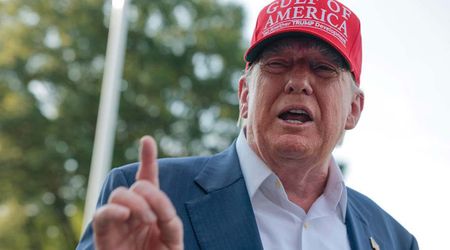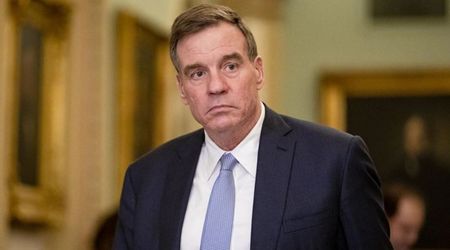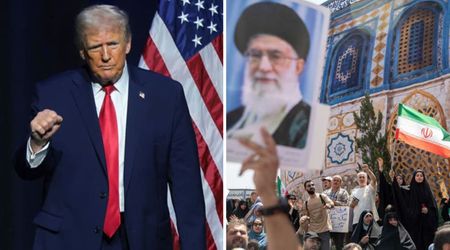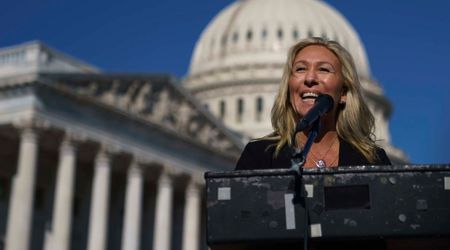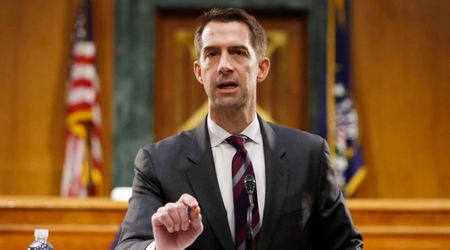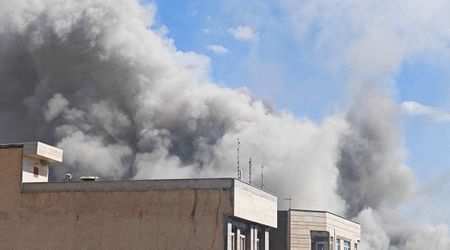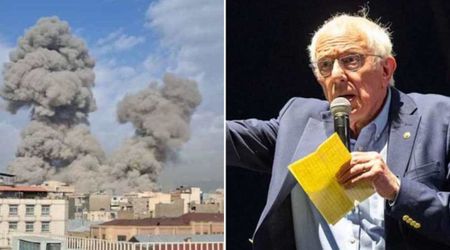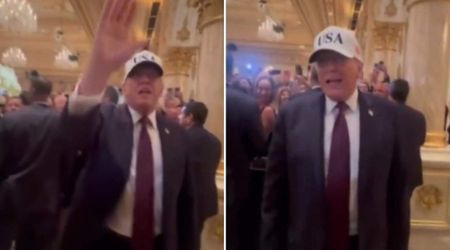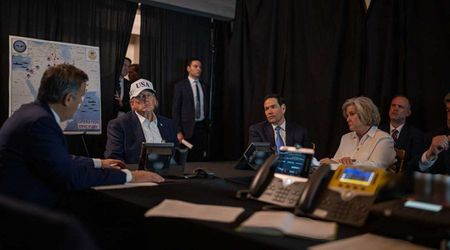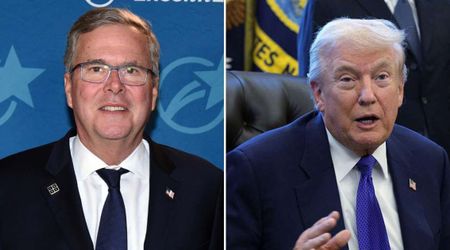Trump’s New York criminal trial: Decoding ‘hush money’ and other unique terms used
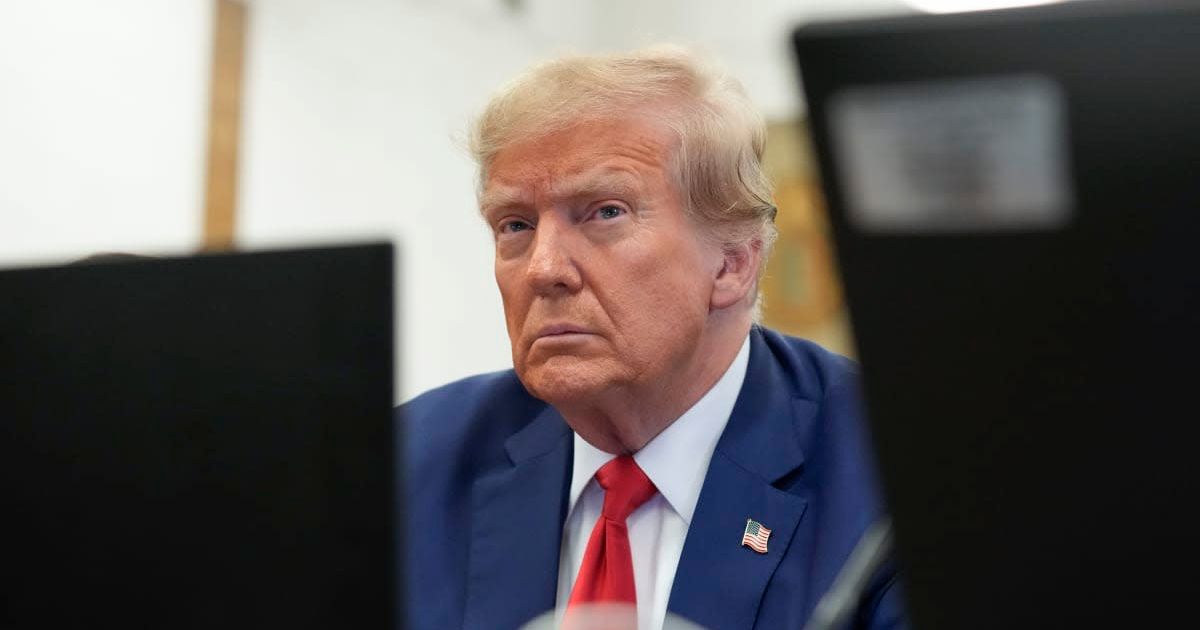
Unique terms used at Trump’s NY criminal trial explained: Hush money, catch and kill and more
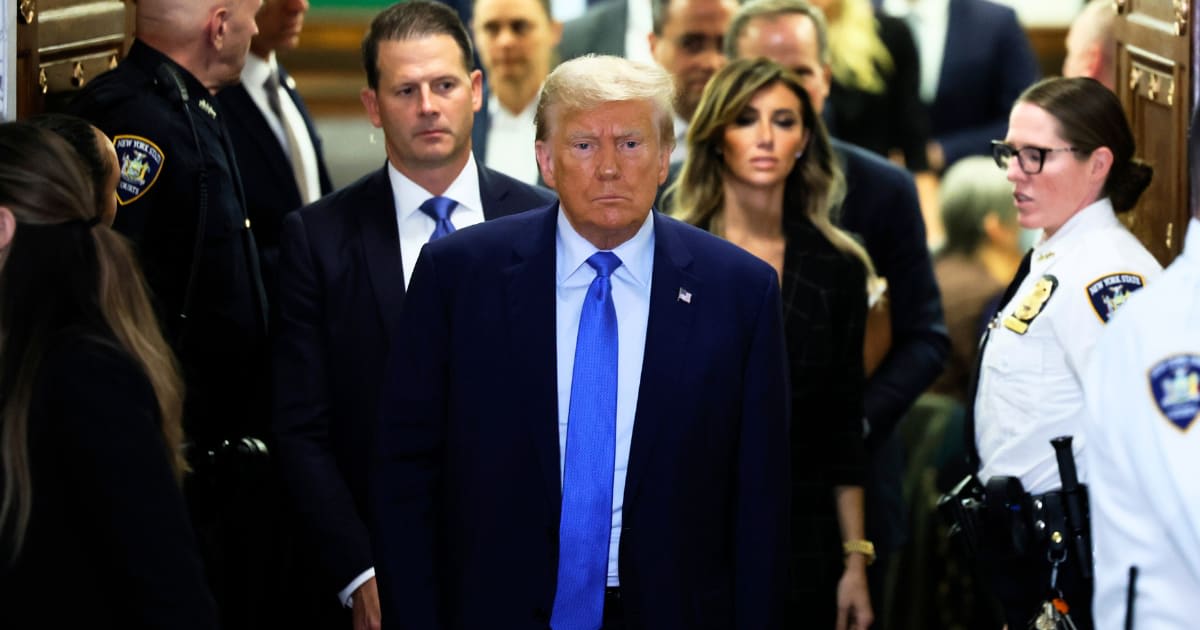
There were several terms used in Donald Trump's criminal trial in New York that one doesn't usually hear in a courtroom. The trial is the first criminal trial of a former US president and the first of Trump's four criminal cases to go to trial. It revolves around allegations that Trump fabricated his company's records to hide the nature of hush money reimbursements. It uses some unusual terms as well. Let us explore 'hush money' and four other unique terms used during Trump's NY trial.
1. Hush money

Merriam-Webster defined it as payment made in exchange for maintaining the confidentiality of information. Put it in another way, cash given to someone in exchange for keeping quiet. Prosecutors contend that three payments were made on Trump's behalf during his 2016 presidential campaign to dispel rumors of marital infidelity. These include the $30,000 that the National Enquirer paid to a doorman at Trump Tower, the $150,000 that former Playboy model Karen McDougal received, and the $130,000 that Michael Cohen, Trump's personal lawyer and fixer, set up for adult film star Stormy Daniels.
2. Catch and kill
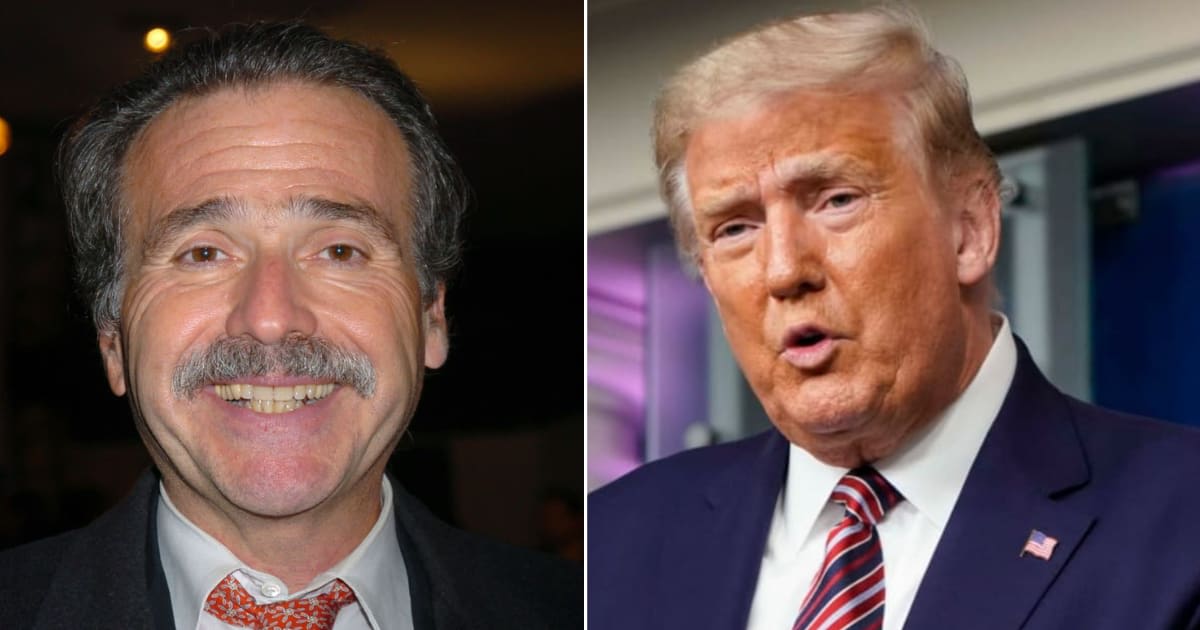
'Catch-and-kill' refers to the process by which a tabloid newspaper, like the National Enquirer, "buys up damaging information about someone, demands that the source sign a nondisclosure agreement to prevent them from taking that information or that story anywhere else, and then the tabloid declines to publish the story to prevent it from ever seeing the light of day", as prosecutor Matthew Colangelo explained to jurors during his opening statement. Confidentiality agreements are another name for nondisclosure agreements.
3. Falsifying business records

At Trump's trial in New York, the criminal charge was up for decision. A total of 34 charges of "falsifying business records" in the first degree were brought against him. It's a crime that carries a maximum four-year jail penalty, which Trump might not receive even if convicted. He has entered a not guilty plea. When someone creates or permits a false entry to be made in a company's business records with the purpose to defraud, including the intent to perpetrate or conceal another crime, they are guilty of fabricating business records in the first degree under New York law.
4. Conspiracy

Prosecutors in Trump's trial in New York have frequently referred to his "eyes and ears" arrangement with Pecker and the hush money agreements that followed as conspiracy, even though the President is not accused of committing the crime. Joining "in a secret agreement to do an unlawful or wrongful act or an act which becomes unlawful as a result of the secret agreement" is what Merriam-Webster defined as conspiring. A conspiracy is defined under New York law as the action of two or more persons acting with the purpose to commit a crime.
5. Election interference
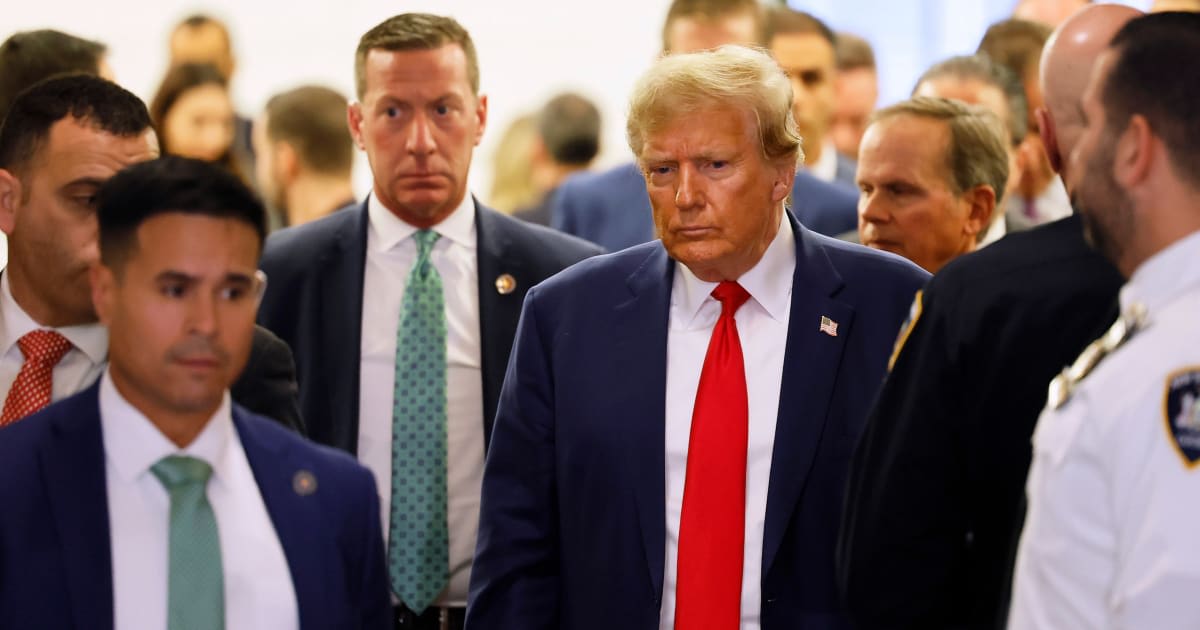
Election interference is the use of dishonest tactics, such as fraud, intimidation of voters, or attempts to reverse a race's result, to try and influence the outcome of an election. Prosecutors claimed that the hush money plan amounted to election interference because there was a deliberate attempt to conceal material facts from voters in order to increase Trump's prospects of winning the 2016 election.

